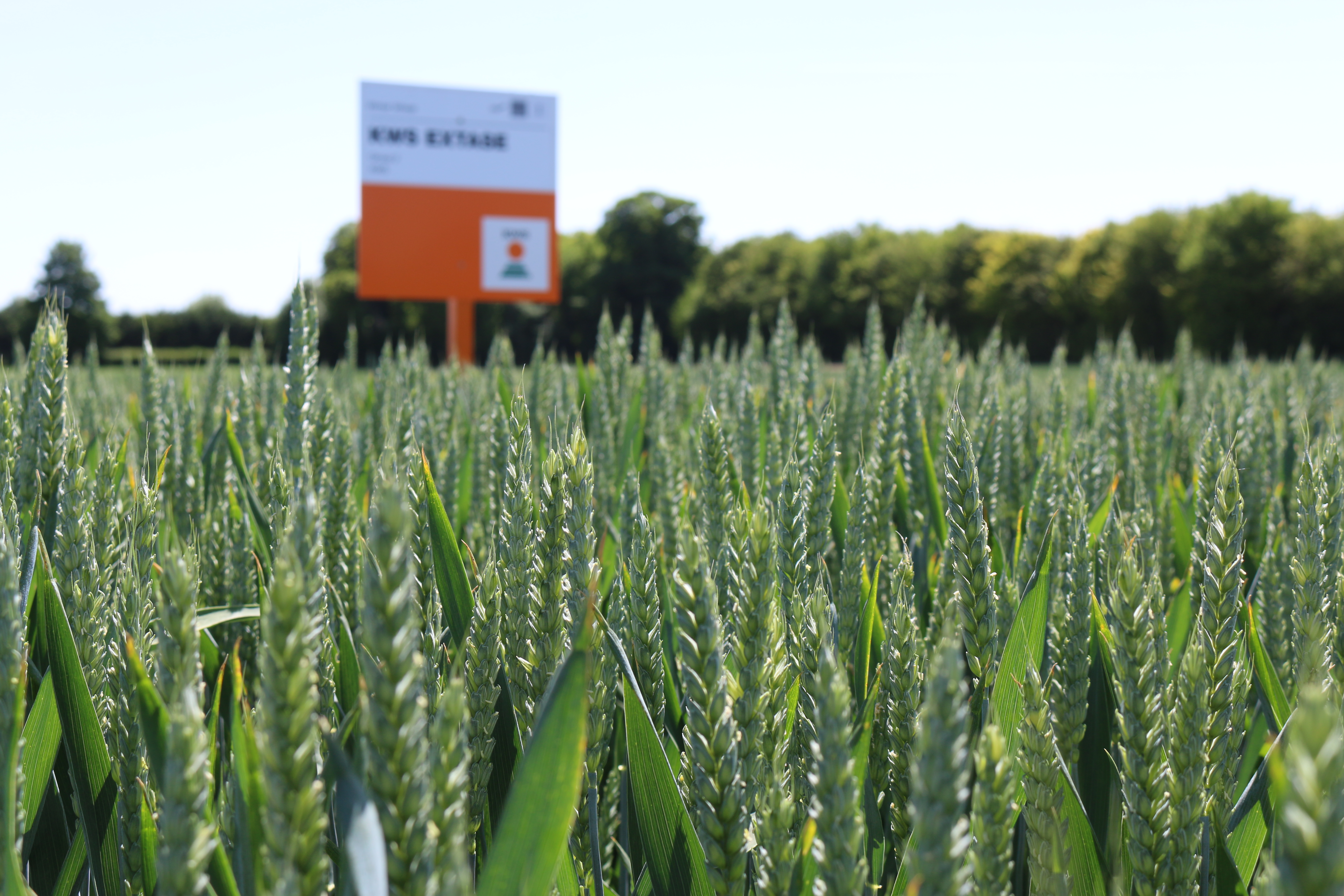Why there's a growing need for versatile wheat varieties
The growing of high performance wheat varieties combining high productivity and versatility is becoming increasingly important as uptake of the Sustainable Farming Incentive (SFI) increases, says Andersons Centre senior analyst James Webster.
“SFI has a cost of delivery, so where farmers allocate land to the scheme what remains must be increasingly productive to offset any loss of income, placing the emphasis on growing varieties with characteristics which are in line with that objective.
“The need to maximise outputs and optimise production costs will highlight the importance of growing varieties which are both highly productive and very efficient in terms of utilising inputs.
“The overall value of input costs has fallen, but the need to keep overall production costs in check remains, putting the emphasis on selecting varieties with good nitrogen efficiency and strong inherent disease resistance.
“Fundamentally, first wheat will always be the best, most productive option and deliver the highest margins, but this season’s exceptionally wet weather has severely impacted many farm businesses’ cropping plans."
Once they have tried this variety, growers keep coming back for more, which says everything really.
Yield and quality
In the case of wheat, the focus will often be on growing varieties which have the potential to produce high yields but can also be managed to generate a milling premium, if the potential is there to achieve a quality sample, he believes.
"KWS Extase, for example, which combines the potential to generate a milling premium with high yields, provides multiple marketing options.
“The UK is good at producing wheat with 12% to 13% protein and growing a versatile variety such as KWS Extase allows farmers to keep their options open.
"It’s very good disease resistance may enable savings in crop protection products, which in turn will reduce application costs, labour and fuel, so even with potential new milling varieties coming along the case for growing it remains strong.”
Solid choice for growers
John Pape, seeds manager for Quantils Seed Services, says KWS Extase has become a major variety for the companys' customers in the North West in recent years.
“Farmers in this region like KWS Extase for its ease of management and cleanliness,” John explains.
“Although there are some large arable areas within the region, across most of the North West cereals tend to be a break from grass and vegetables rather than a cash crop.
"Because of that, growers are generally not interested in chasing the latest, highest yielding varieties.
"Instead, they focus primarily on those which are tried and tested, produce consistent, reliable yields, and do so without resorting to high levels of Nitrogen or chemical inputs."
Since it was introduced, KWS Extase has always been one of the top three best-selling varieties for Quantils and it still hits the mark, for a number of reasons, he says.
“There are not too many milling opportunities locally, and generally to achieve milling specification you must target that market from the outset. Most farmers in this region grow KWS Extase for feed and use it for their own stock or sell to a feed mill.
“Once they have tried this variety, growers keep coming back for more, which says everything really.
"It is a high-yielding variety with a high specific weight, but from a management standpoint has a low-input requirement when it comes to keeping the crop clean.
"That’s important to farmers in this area, most of whom want a solid feed variety which does not demand high inputs.
“This is a wet area and if the weather is right in mid-September most farmers will start drilling to spread the workload and ensure that they get at least some of their wheat crop established.
"This is because if the weather stops drilling in October it’s quite likely that it will be February before they can get going again.
"KWS Extase grows rapidly and is recommended for drilling after 1 October in the North West, so if we still have seed in October it becomes the go-to- variety."
Your consultants


